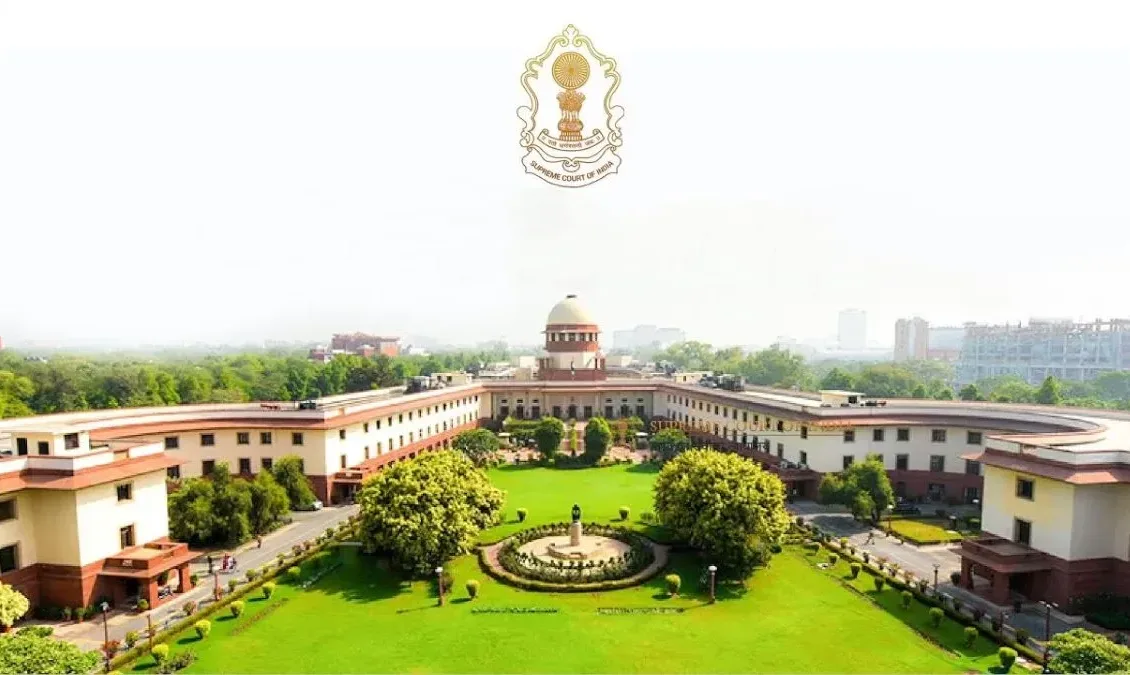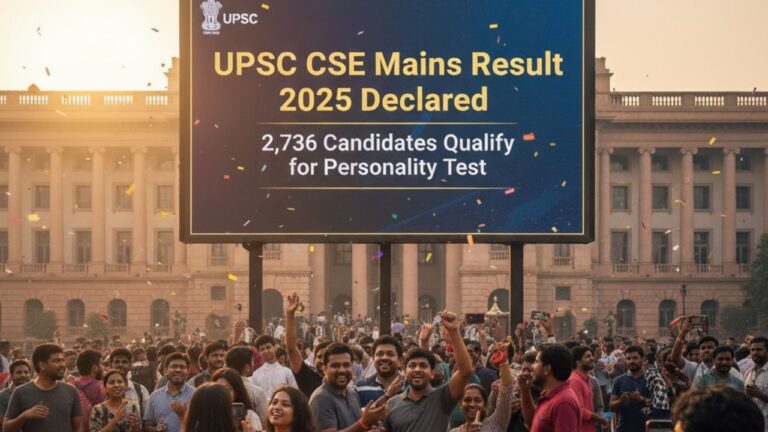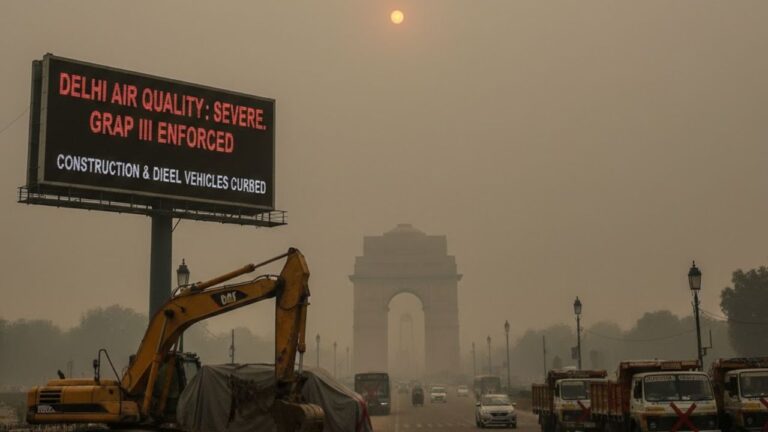
Article 370: Supreme Court Upholds Constitutional Order and Jammu and Kashmir Reorganization Act
Supreme Court of India declared today that Article 370 is a temporary provision, serving both transitional and temporary purposes. The court upheld the constitutional order that read down Article 370 in Jammu and Kashmir, following petitions challenging the Narendra Modi government’s move and the bifurcation of the state into two Union Territories in August 2019.
Addressing the question of whether Jammu and Kashmir retained an element of sovereignty upon joining the Union of India, the court ruled in the negative. It emphasized the transitional and temporary nature of Article 370, dismissing claims of internal sovereignty.
The Supreme Court directed the Election Commission to conduct polls for the Jammu and Kashmir assembly before September 30, 2024. The creation of the Union Territory of Ladakh was also deemed valid by the court. It affirmed the President’s use of power in this regard as legitimate and not motivated by malice. Furthermore, the court clarified that the President’s power to notify the reading down of Article 370 persists even after the dissolution of the constituent assembly of Jammu and Kashmir.
The court left open the question of whether the parliament can convert a state into a Union Territory, noting the solicitor general’s assurance that statehood will be restored. It emphasized that not every decision by the Centre can be challenged.
The bench, comprised of Chief Justice of India D.Y. Chandrachud, along with Justices Sanjay Kishan Kaul, Sanjiv Khanna, B.R. Gavai, and Surya Kant, delivered three judgments. Chief Justice Chandrachud, along with Justices Gavai and Surya Kant, authored one judgment, while Justice Kaul wrote a concurring opinion, with Justice Khanna concurring with both.
The legal challenge centered on the Jammu and Kashmir Reorganisation Act, enacted unilaterally by the Modi government on August 5, 2019. The Chief Justice outlined the key issues, including the temporary nature of Article 370, the validity of substituting ‘constituent assembly’ with ‘legislative assembly,’ and the legitimacy of the Presidential Order without the recommendation of the Jammu and Kashmir Constituent Assembly.
The court also considered the validity of the Presidential Rule imposed in December 2018 and its subsequent extensions. Crucially, the constitutional validity of the Jammu and Kashmir Reorganisation Act was addressed.
During the legislative process, the Union government imposed prolonged house arrest on Kashmir’s mainstream politicians and enforced an extensive internet shutdown, marking one of the longest in the region.
Opposition leaders, including Kapil Sibal and National Conference’s Omar Abdullah, shared their reactions on social media following the verdict. Abdullah, who had been under house arrest for months, expressed his views on the decision. The Supreme Court’s ruling brings clarity to a contentious issue that has significant implications for the region’s political and constitutional landscape.




